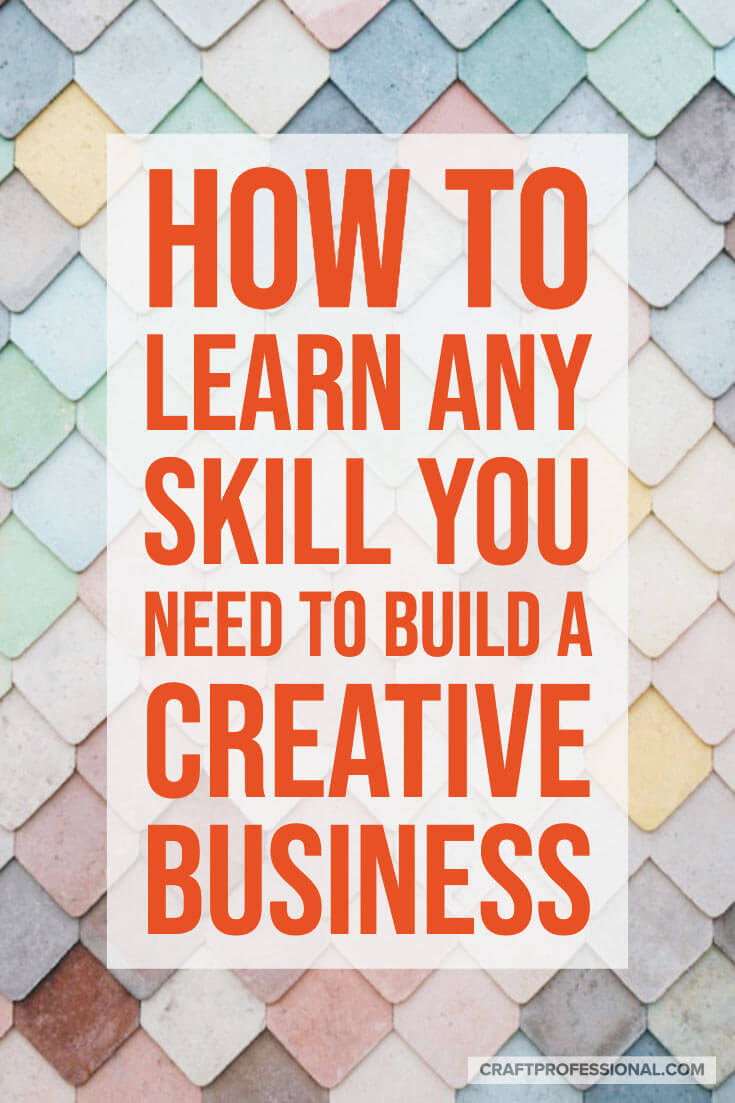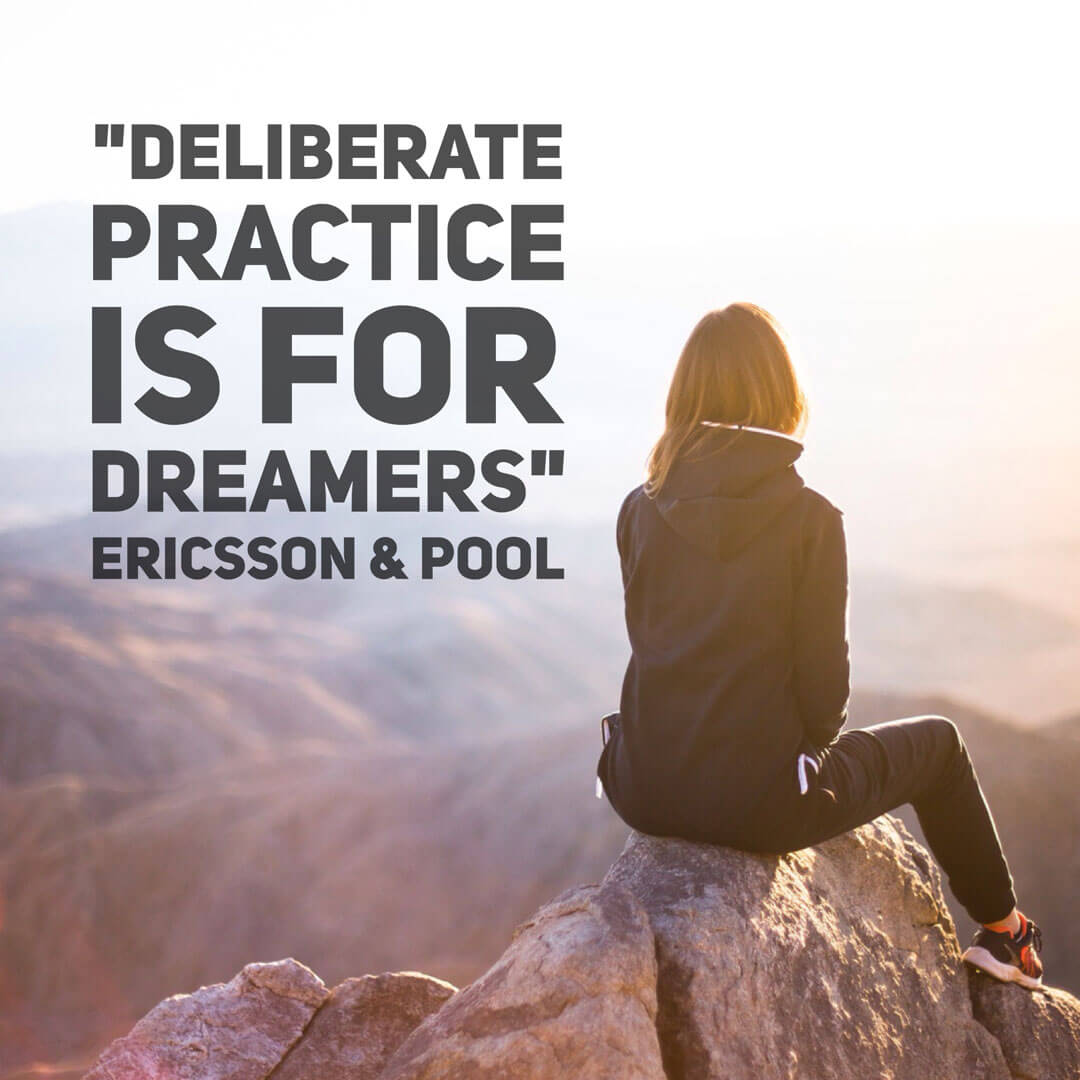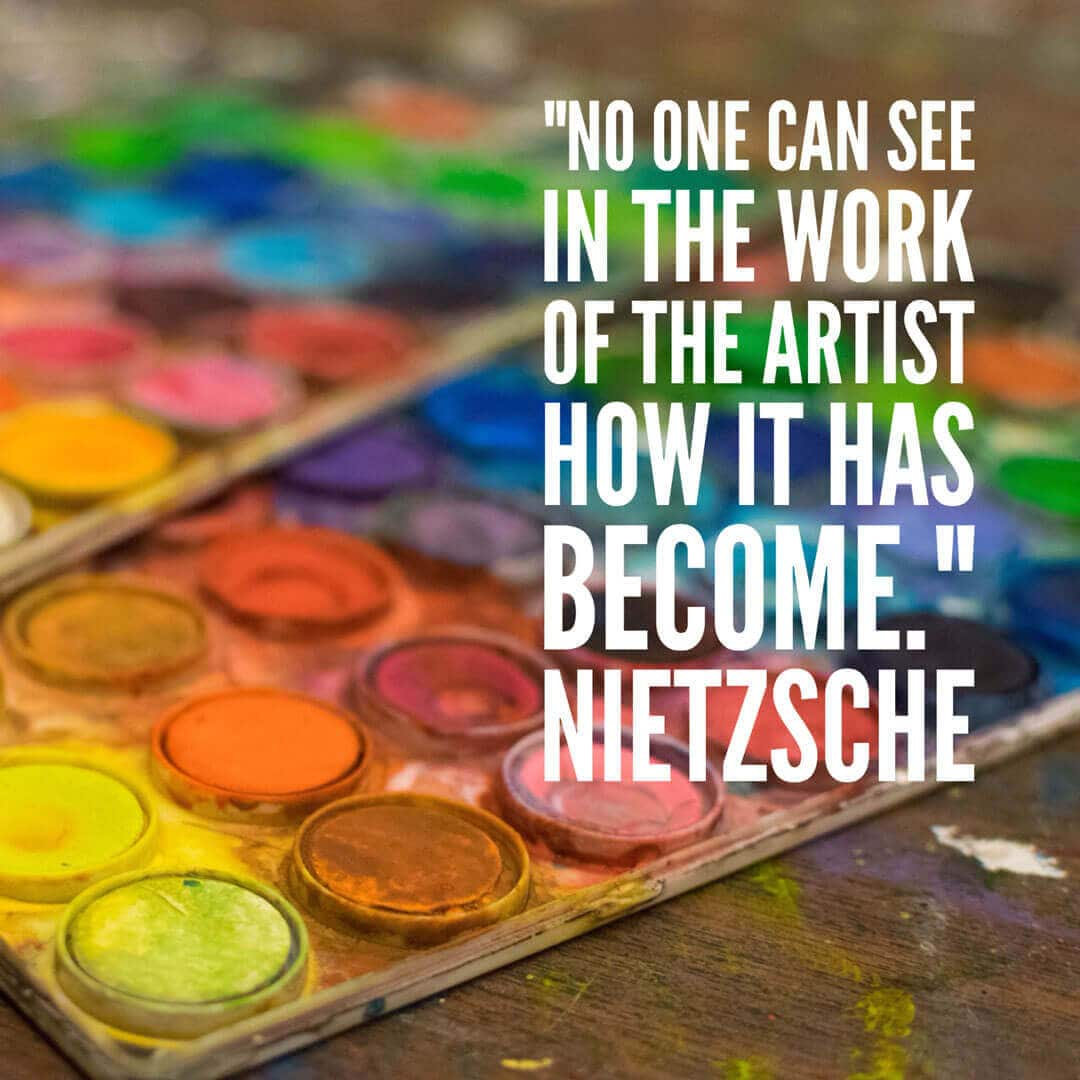How to Learn Anything
Want to get better at your craft? Maybe you dream of being among the best in your field. The good news is, you can learn how to learn anything (or almost anything). But — you'll have to be willing and able to work hard and smart to develop your skills and achieve your goals.
Current research has completely revised our understanding about how skills are developed. The newest thinking on how we learn is a complete game changer.
Not long ago, most people believed we were limited by our inborn talent (or lack of talent). It turns out, that's not true.
According to Anders Ericsson and Robert Pool, authors of the book Peak: Secrets from the New Science of Expertise, "The brain - even the adult brain - is far more adaptable than anyone ever imagined, and this gives us a tremendous amount of control over what our brains are able to do."
You Are Not Limited by Lack of "Talent"

With commitment and the right training, we can learn brand new skills. Ericsson and Pool call this revelation a game changer because "learning now becomes a way of creating abilities rather than bringing people to the point where they can take advantage of their innate ones." We can even create new abilities as adults.
Imagine that!
All of the things you thought you couldn't master because you weren't naturally talented, or you were too old to learn something new are actually achievable. The key is, you have to do the work. It will likely require a big commitment, and it has to be the right kind of work. You won't get there with random hard work. You need to do the right kind of hard work.
You Have to Work Hard and Smart

You've probably hear the saying, "Work smarter, not harder." If you're going to develop a complex skill to a high degree of mastery, you'll need to work both smart and hard.
Some life coach types imply that you can achieve your dreams with nothing more than profound passion and hard work. The truth is, you need to do the right kind of work. Anything else is just a waste of your time. Ericsson and Pool's research shows us that, "The right sort of practice carried out over a sufficient period of time leads to improvement. Nothing else."
How to Learn Anything - Really
Deliberate practice is the key to to learning anything. It's not easy practice, but it will allow you to master complex skills that you may have thought were beyond your abilities.
In an nutshell, deliberate practice includes:
Creating and following a clear roadmap
Luckily, most of the skills we want to develop have been mastered by others. That means there is already a roadmap to success. You need to understand how others have mastered the same skill, and follow a similar path to build your own skill.
Deliberate practice includes well defined goals that form a roadmap taking you from where you are to where you want to be, and a plan to reach those goals. Mindless repetition without a plan for improvement is not effective practice.
Working just outside of your comfort zone
You need to practice skills that are just slightly beyond your reach. Don't spend your practice time doing things you already know how to do because you won't be learning anything new. It's tempting to "practice" in this way, going over things we already know because it is easier and more enjoyable.
On the flip side, don't work on things that are well beyond your current skill level. You need small successes to maintain motivation. If you're always working far beyond your current skill level, the success won't come, and your motivation will fail.
Monitoring your progress
You'll need a way to track and assess your progress to ensure you're on the right track. If you monitor your progress, you'll notice when you're stagnating and develop a strategy to push forward. You'll also be able to see the strides you've made, which can be an immense help when you're having trouble maintaining motivation.
Immediate feedback allows you to see what you're doing right and what you're doing wrong and immediately correct what you're doing wrong. Without a way to monitor your progress, you may never recognize and correct mistakes that hold you back.
Maintaining motivation
Staying motivated is probably the biggest hurdle for many of us. This kind of work isn't easy. It requires your full focus over time - possibly years depending on the complexity of the skill you want to develop. It requires you to work when you don't feel like it and fail on a regular basis. In fact, if you're not fully focused and you're not failing, if you're just enjoying yourself, you're probably not getting better. Many would be tempted to give up in the face of that kind of challenge.
Deliberate practice recognizes that you will lose motivation at times, so you need to develop strategies to keep working even when you don't feel like it.
A Good Teacher is Essential
A good teacher will help you get further faster.

It's easier to learn and move forward from mistakes when you have a good teacher. When you're first learning a skill, you won't necessarily have the insight to recognize mistakes. A good teacher can give you immediate feedback and show you how to correct your mistakes
Teachers know the path you need to travel to develop your skill. They know the obstacles you are likely to encounter and how to move beyond those obstacles.
Certainly, working with a good teacher is an investment in time and money, but if you want to master a complex skill, according to Ericsson and Pool, "One of the most important things you can do for your success is to find a good teacher and work with him or her."
Moving Forward
With commitment and smart practice, you can develop skills you may have previously dismissed as impossible to learn. This new understanding about how we learn is exciting because it means the skills you need to develop to truly master your craft are within your reach if you're wiling and able to commit to the practice.
As Ericsson and Pool's research shows, "we now understand that there's no such thing as a predetermined ability. The brain is adaptable, and training can create skills...that did not exist before."


New! Comments
Have your say about what you just read! Leave me a comment in the box below.